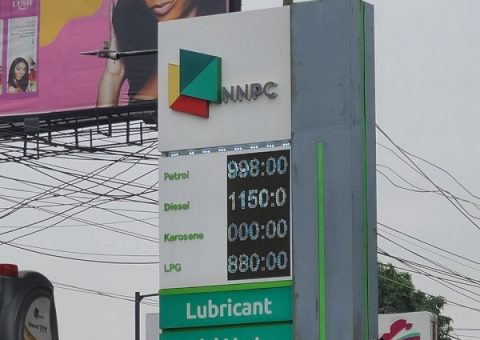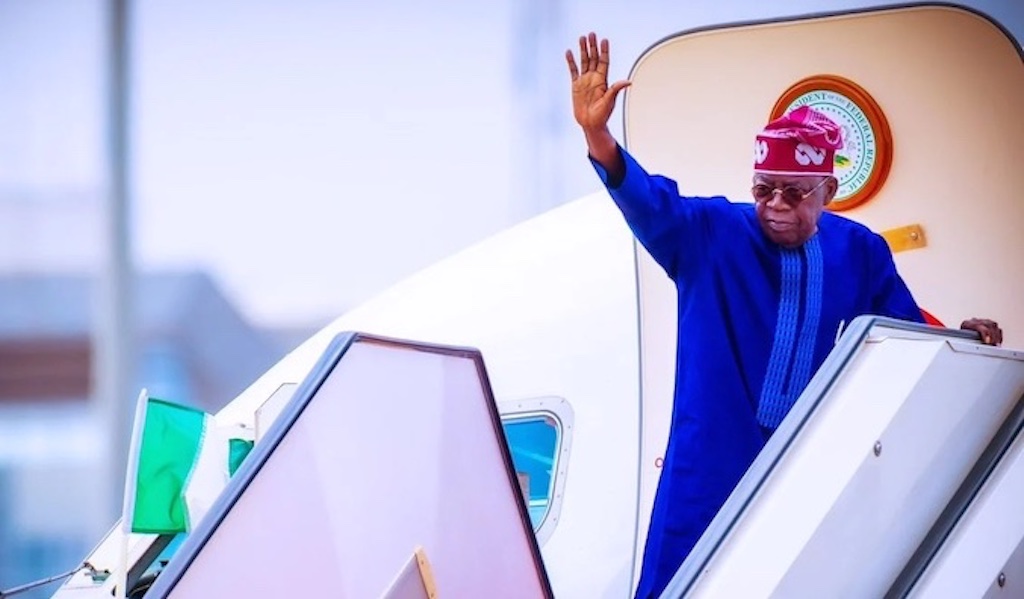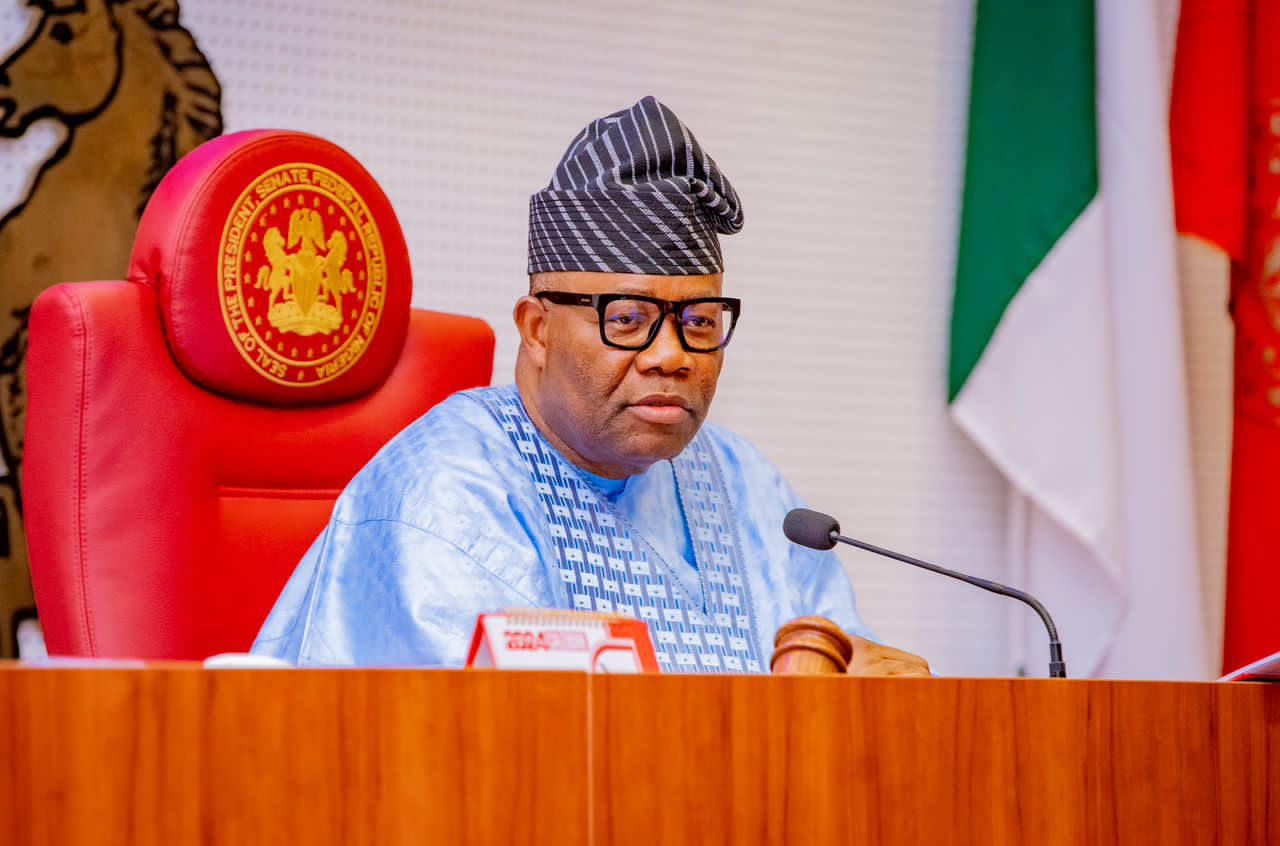The recent hike in the price of Premium Motor Spirit (PMS) by the Nigerian National Petroleum Company Limited (NNPCL) has sparked widespread backlash, with the Nigeria Labour Congress (NLC) and the Organised Private Sector (OPS) demanding an immediate reversal. The price increase, the second in a month, saw fuel prices in some areas rise to as high as N1,200 per litre, an approximate 14.8% increase.
This hike is attributed to NNPCL's exit as the sole buyer from Dangote Refinery, leading to a deregulated market where prices are set on a "willing buyer, willing seller" basis. The NLC condemned NNPCL’s pricing decisions, claiming they deepen poverty and called for a comprehensive government strategy to address economic growth. The OPS also criticized the impact on production costs, noting that manufacturers and small businesses would be heavily affected, with ripple effects on job security and inflation.
Many stations across the country, including in Abuja, Lagos, Edo, and Borno, reported price spikes, while several fuel outlets remained closed, worsening fuel scarcity. Transport costs have also surged in response to the hike.
READ ALSO
FG Denies Role in Latest Petrol Price Hike as NNPCL Cites Global Market Pressures
Despite claims that Dangote Refinery had triggered the price hike, refinery officials refuted these allegations, placing the responsibility solely on NNPC.
Meanwhile, opposition parties criticized President Bola Tinubu’s administration for the policy, accusing the government of insensitivity to the economic struggles of ordinary Nigerians and lack of foresight in managing the removal of fuel subsidies.
The situation has created uncertainty, particularly among independent petroleum marketers, who now face increased financial burdens to meet the new prices. With inflation rising, there are widespread fears that the economic pressures will further exacerbate the challenges facing Nigerians.




